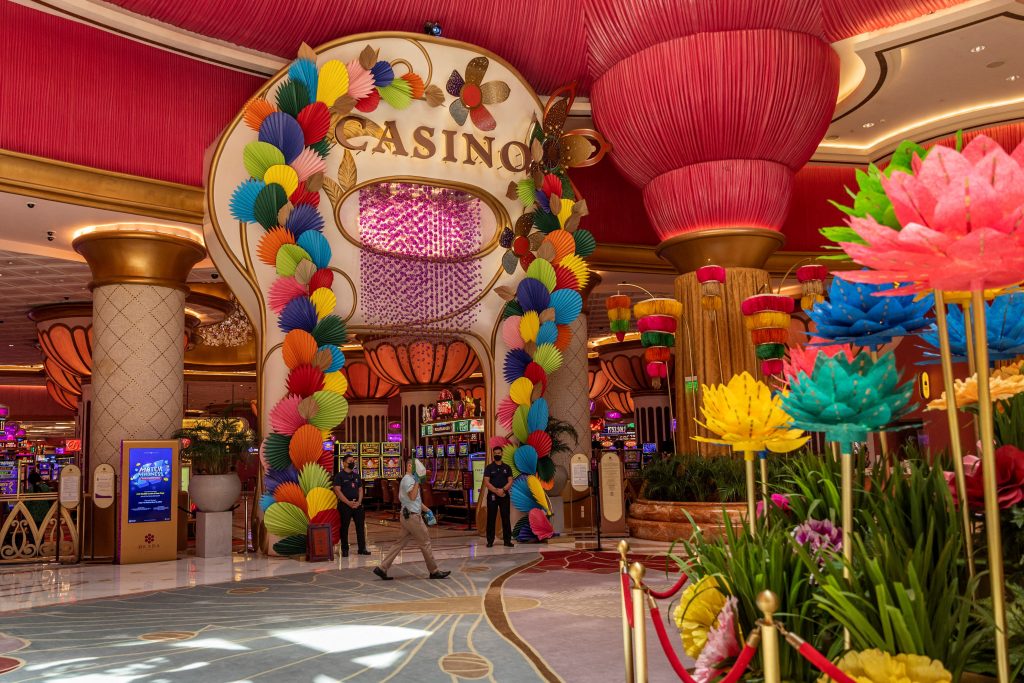
In the archipelagic nation of the Philippines, the gambling industry has become a significant contributor to the economy. Balancing the economic benefits with the need for regulatory oversight and responsible gaming, the Philippines has developed a multifaceted approach to managing its gambling business. This article explores the key strategies employed by the Philippines to navigate the complexities of the gambling industry.
1. Philippine Amusement and Gaming Corporation (PAGCOR):
a. Regulatory Authority: PAGCOR serves as the regulatory body overseeing the country’s gaming operations. Established in 1977, its mandate includes regulating and licensing casinos, gaming establishments, and other related activities.
b. Economic Contribution: PAGCOR not only regulates the industry but also actively contributes to the nation’s revenue. The agency plays a crucial role in ensuring that gambling activities align with government policies and contribute positively to the economy.
2. Licensing and Regulation:
a. Strict Licensing Process: The Philippines maintains a rigorous licensing process for casinos and gaming operators. This process involves thorough background checks, financial assessments, and compliance verification to ensure that only reputable entities are granted licenses.
b. Ensuring Compliance: Once licensed, operators are subject to continuous monitoring to ensure ongoing compliance with regulations. This proactive approach helps maintain the integrity of the industry and safeguards against potential malpractices.
3. Responsible Gaming Measures:
a. Mandatory Entry Fees: Similar to other jurisdictions, the Philippines has implemented measures to promote responsible gaming. For instance, the imposition of mandatory entry fees for locals and the requirement for identification help control access and discourage impulsive gambling.
b. Self-Exclusion Programs: The country has established self-exclusion programs that empower individuals to voluntarily exclude themselves from gambling establishments. This proactive approach supports individuals in managing their gambling habits.
4. Integrated Resorts and Entertainment Complexes:
a. Diversification of Offerings: The Philippines has embraced the integrated resort model, combining casinos with hotels, entertainment venues, shopping, and dining. This diversification aims to attract a broader audience and positions gambling as part of a comprehensive entertainment experience.
b. Tourism Promotion: Integrated resorts contribute significantly to the country’s tourism industry, drawing international visitors and boosting the overall appeal of the Philippines as a destination.
5. Remote Gambling and Online Casinos:
a. Philippine Offshore Gaming Operators (POGOs): The Philippines has ventured into remote gambling by allowing POGOs to operate. These offshore operators target international markets, contributing to the country’s economic growth.
b. Regulatory Oversight: The government exercises regulatory oversight on POGOs, ensuring compliance with laws and regulations. This approach balances the economic benefits of remote gambling with the need for regulatory control.
6. Taxation Policies:
a. Revenue Generation: The Philippines implements a taxation system that ensures the government receives a share of the revenue generated by the gambling industry. Taxes on gross gaming revenue, licensing fees, and other levies contribute significantly to the national treasury.
b. Investment Incentives: To encourage investment in the industry, the Philippines offers certain incentives, including tax breaks and other perks. These incentives attract both local and international investors, fostering the growth of the gambling sector.
7. Social Impact Initiatives:
a. Community Development: Recognizing the social impact of gambling, the Philippines channels a portion of gambling revenue into community development initiatives. These funds are allocated to education, healthcare, and other programs that benefit the broader population.
b. Problem Gambling Support: The government actively supports programs and initiatives aimed at addressing problem gambling. Collaborations with non-governmental organizations (NGOs) and healthcare providers ensure that individuals facing gambling-related challenges receive the necessary support.
8. International Collaboration:
a. Anti-Money Laundering Measures: The Philippines collaborates with international bodies to strengthen its anti-money laundering efforts within the gambling sector. This proactive approach helps combat illegal activities and ensures the integrity of the industry.
b. Global Standards: Aligning with global standards and best practices, the Philippines aims to position its gambling industry as transparent, accountable, and compliant with international expectations.
Conclusion:
The Philippines has strategically managed its gambling business by establishing a robust regulatory framework, promoting responsible gaming, and diversifying its offerings through integrated resorts and online gambling. Balancing economic growth with social responsibility, the country has positioned itself as a key player in the global gambling industry. Through continuous regulatory oversight, collaboration with international bodies, and investment in community development, the Philippines navigates the odds to ensure a sustainable and responsible gambling environment for its citizens and visitors alike.